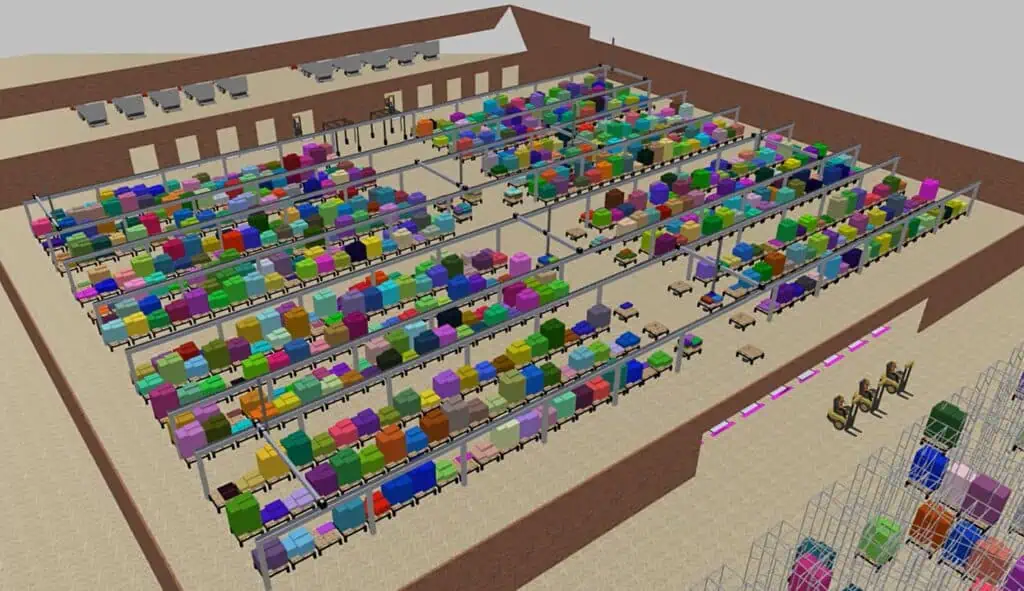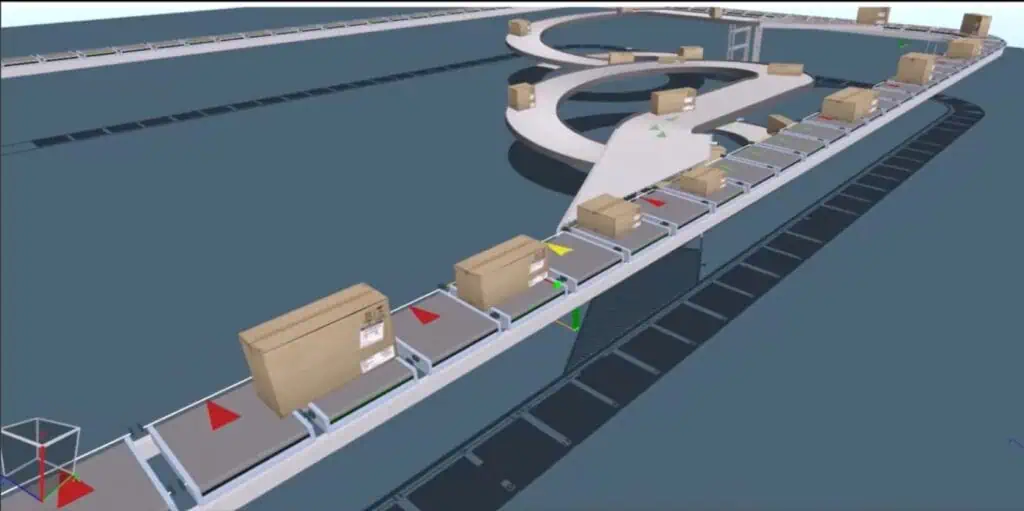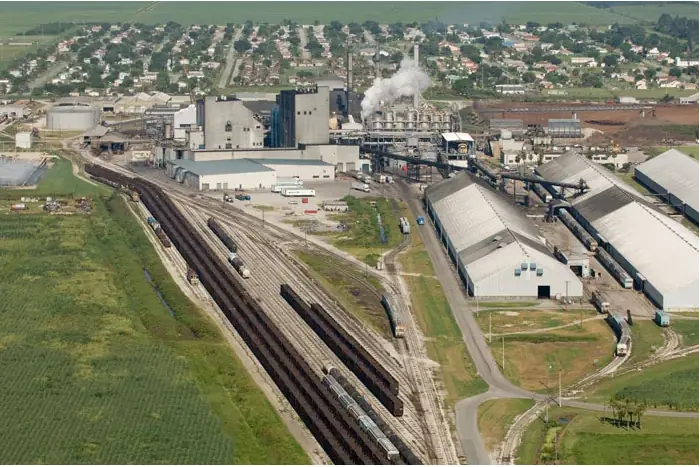A marine fuel provider, Wolverine Terminals, was in the process of launching and operating a new marine fuel business in Canada wanted to validate the projected throughout capacity of their marine operations. Confirming the throughput capacity of the marine operations system was complex for the following reasons:
- Brand new operation with no historical actual data.
- Patented, unique and purpose-built infrastructure and equipment.
- Demand, supply, and capacity constraints within the system.
- Blending requirements to produce a finished marine fuel product.
- Tide cycles, seasonality, daylight hours, and weather patterns that impact operating parameters.
- The interarrival variability of vessels and limited berth durations.
Consistently meeting customer demand within operational constraints amongst many external, uncontrollable, random events and variables was critical to the success of the new marine fuel operation. A discrete event simulation model was offered as a solution to stress test the maximum volume throughput of the entire system. The simulation model not only validated the throughput capacity, but it also became a tool for the team to:
- Understand system constraints and identify bottlenecks.
- Test potential what if scenarios and impacts to various KPIs.
- Assess ROI on incremental investments.
- Prioritize operation efforts on efficiency gains.
Other Case Studies
- All
- 3D simulation
- AMR
- Anylogic
- automated mobile robots
- bottlenecks
- conveyor design and implementation
- conveyor physics engine
- Distribution Center
- Emulate3D
- Emulate3D 2024 User Group Meeting
- industrial automation
- Logistics
- material movement analysis and design
- order fulfillment
- Rail
- Rail Model
- Railway
- Rockwell Automation
- Simulation
- slugging options
- US Sugar


